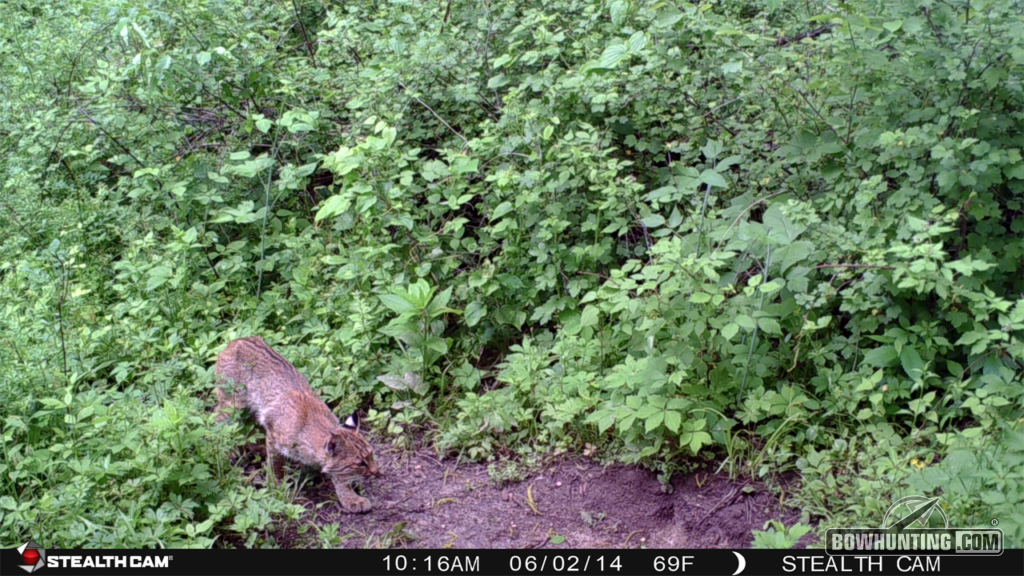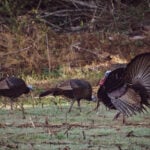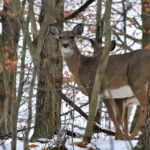After a 40 year hiatus, bobcat hunting will return to the state of Illinois in 2016. Current Republican governor Bruce Rauner signed the bill into law earlier this month, but not without controversy.
Immediately following the news of the latest hunting regulation, Wayne Pacelle, president and CEO of the Humane Society of the United States issued a press release condemning the newly elected governor’s decision, stating, “to get the bill passed through the Legislature, lawmakers relied on absurd and outlandish exaggerations about bobcats — who are shy and elusive creatures that only weigh slightly more than an average house cat — and it’s unfortunate that the Governor apparently fell for this fear-mongering.” As a side note, the average male bobcat weighs 20-22 lbs while the average male house cat weighs less than 10. Although as many hunters know, the HSUS has never been big on actual facts.
Democratic Representative Patrick Verschoore, of Milan, was one of the proposal’s sponsors. He and others supporters of the bill argue that there are an estimated 5,000 bobcats in Illinois today, with as many as half of those living in the thirteen counties that cover the entire southern portion of the state.
While opponents of the bill like Pacelle and the Humane Society of the United States continue to argue against the science surrounding the bill, Bob Bluett, a wildlife diversity biologist at Illinois DNR gives most the credit surrounding the study and comeback of the Illinois bobcat to the state’s hunters and trappers. Stating that most of the funding used for reintroduction efforts came from the purchasing of state conservation stamps.

This bobcat was captured on trail camera in Northwest Illinois last summer.
In 1999, bobcats were taken off the state’s threatened species list after scientific studies confirmed their growing numbers and statewide distribution. The Illinois Department of Natural Resources (IDNR) has been monitoring populations closely through first hand sightings from researchers, trappers, and state hunters.
The first Illinois bobcat season is set to run from November 1st – to February 15th, 2016. State issued permits will cost $5 and no more than 300 bobcats may be taken statewide.






